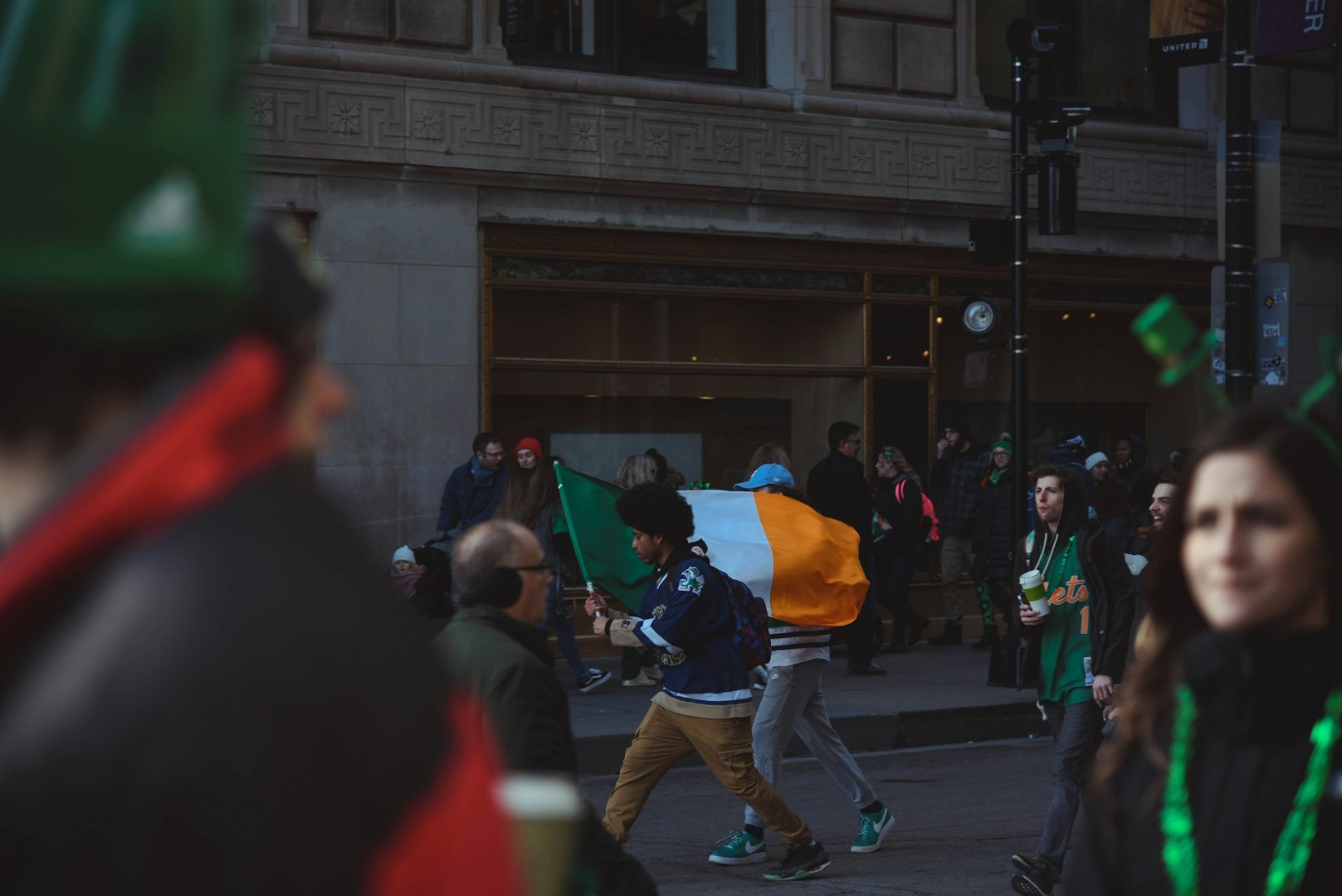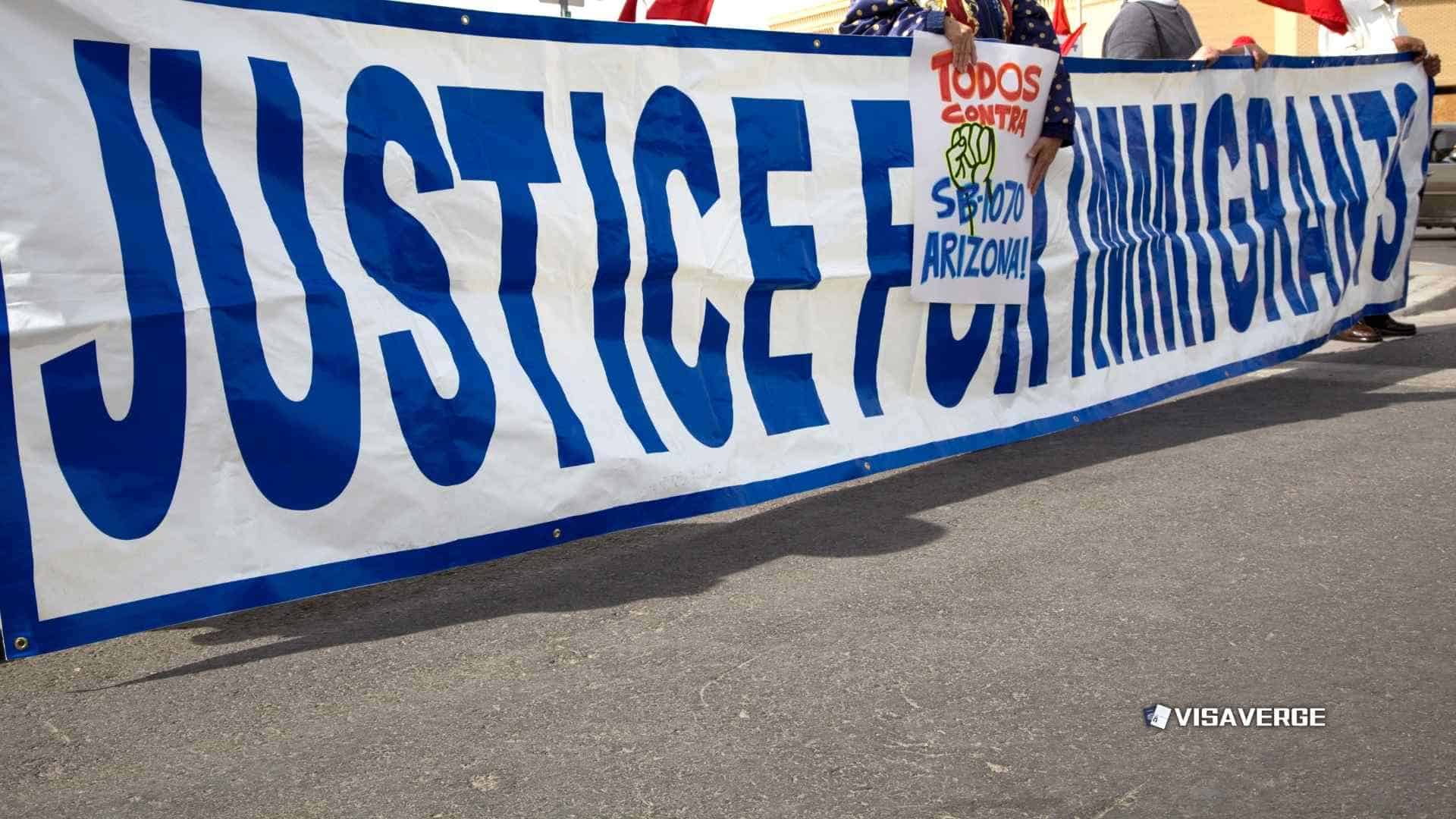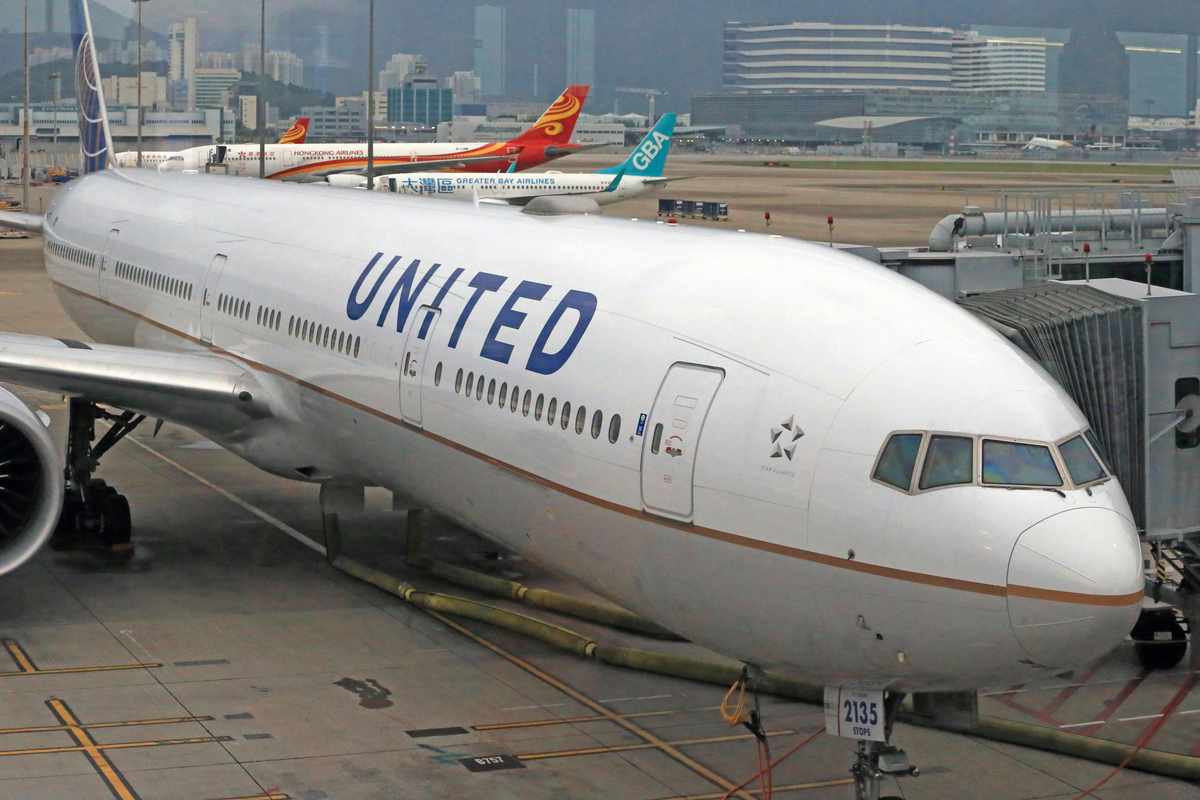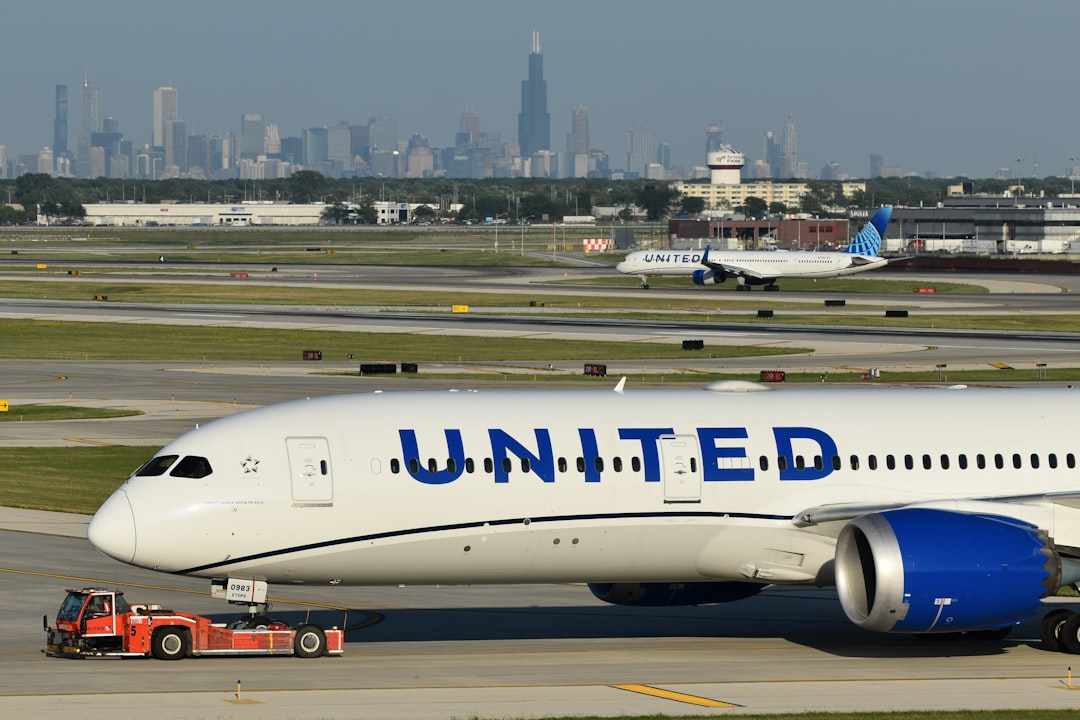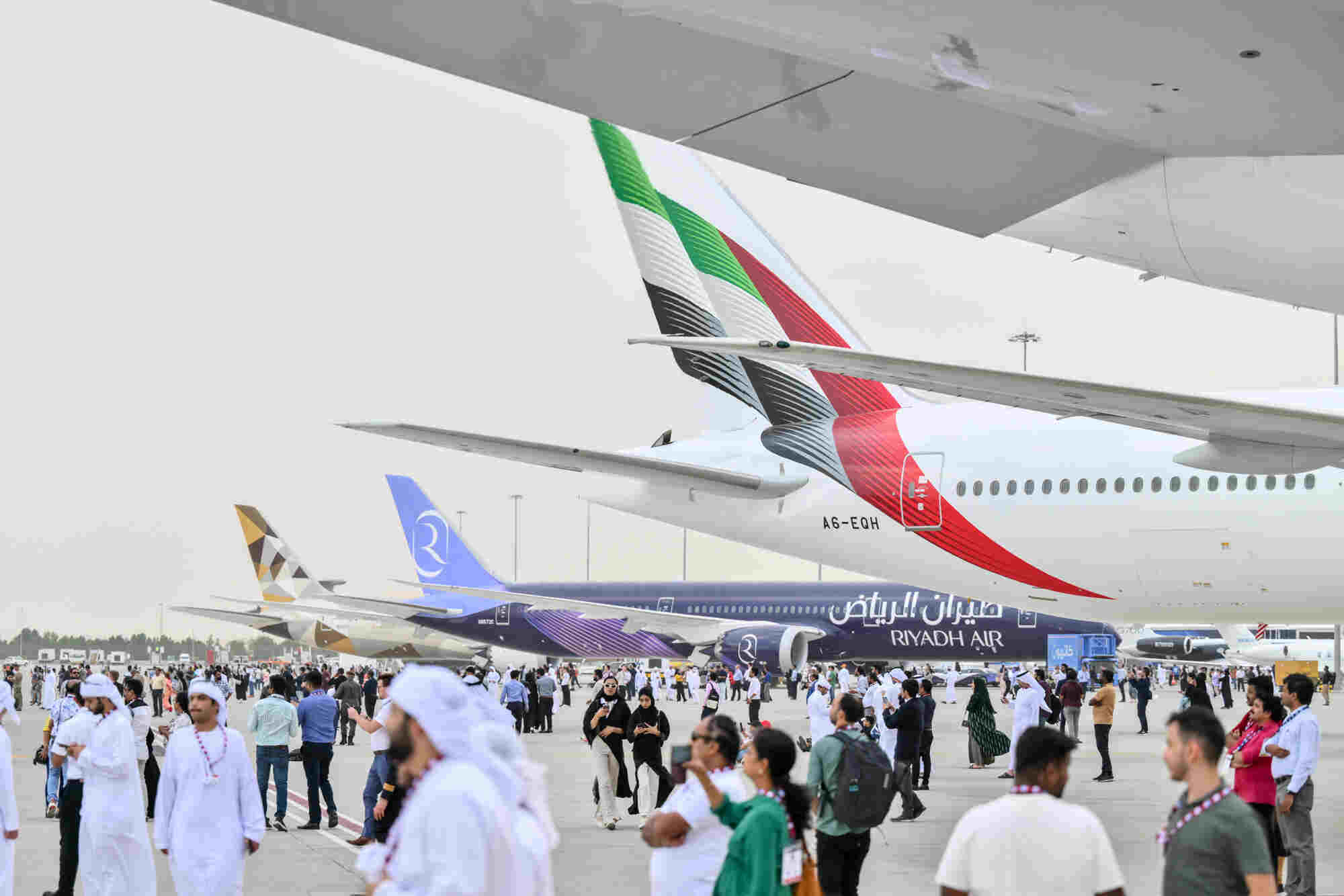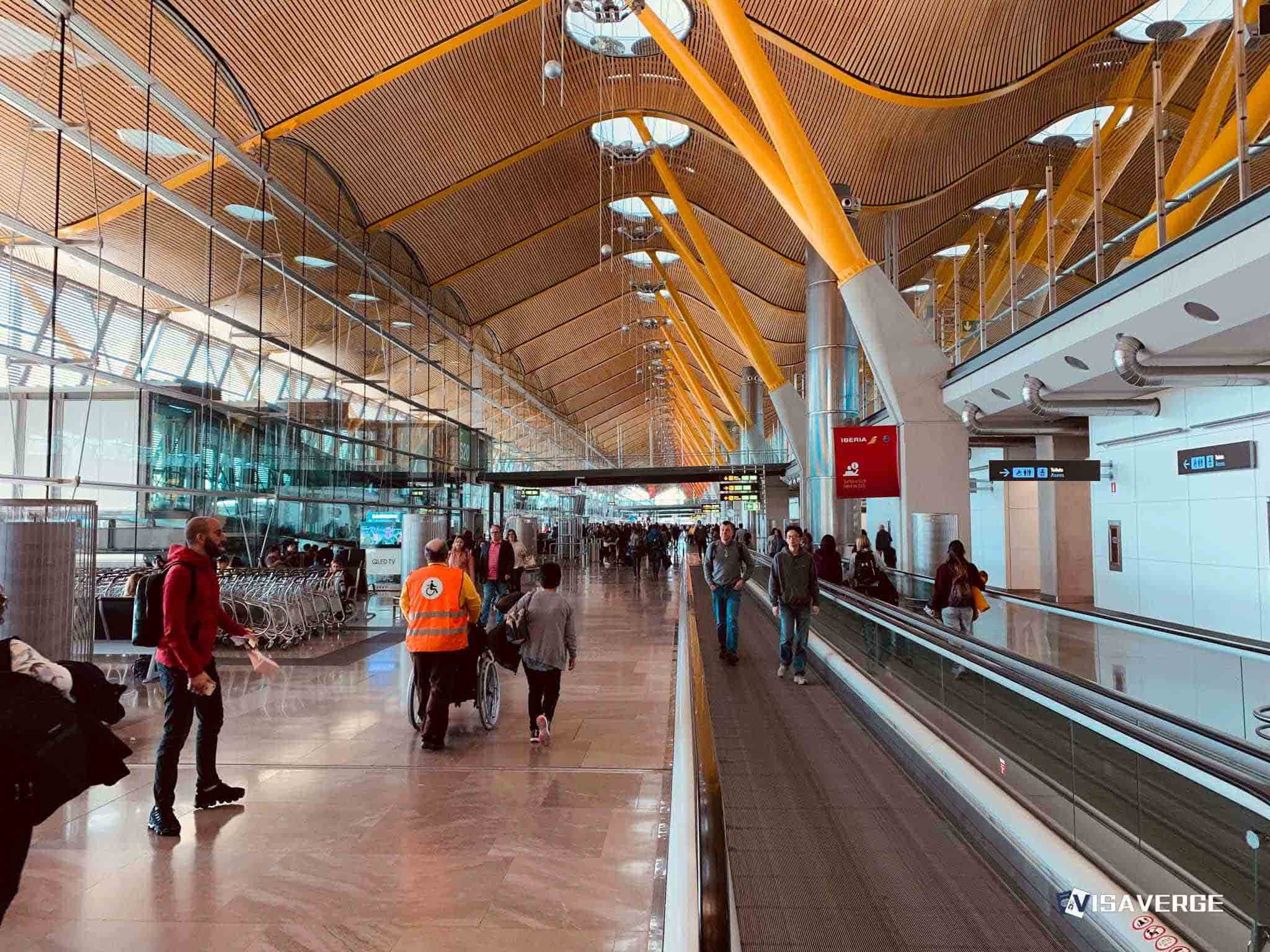(UNITED KINGDOM) Taxpayers are still funding long-distance taxi journeys for asylum seekers to attend medical appointments across England and Wales, even though Labour ministers promised an urgent review of the practice more than two months ago. The delay has raised fresh questions about spending controls and transparency at the Home Office.
The commitment followed a BBC investigation in September 2025 that uncovered cases of people being driven up to 250 miles for routine check-ups, with single journeys costing as much as £600, and contracts worth hundreds of thousands of pounds each month going to private accommodation provider Clearsprings Ready Homes. Home Secretary Shabana Mahmood responded at the time by ordering what she called an “urgent investigation” into how and why the taxi system had been allowed to grow, promising to clamp down on what she described as a clear misuse of public money.

Status of the review and continuing journeys
Officials have confirmed that the review has not finished, and that the controversial journeys continue under contracts inherited from the previous Conservative government. This has left local health providers and refugee groups frustrated at the slow pace of change.
The Home Office said the arrangements were “complex” and involved multiple commercial agreements that could not be cancelled overnight without risking legal disputes or disruption to services for vulnerable people.
“The arrangements were complex and involved multiple commercial agreements that could not be cancelled overnight without risking legal disputes or disruption to services for vulnerable people.”
— Home Office explanation (paraphrased)
How the current system works
Under the current model:
- Private firms such as Clearsprings Ready Homes organise and pay for taxis on a per-person, per-mile basis.
- Transport is provided for asylum seekers who need to attend hospital appointments, GP visits, or specialist assessments while housed in Home Office accommodation.
- According to the BBC figures, Clearsprings was paying nearly £350,000 per month on taxi journeys alone — costs ultimately covered by public funds.
Key actors and costs (summary)
| Item | Detail |
|---|---|
| Provider(s) | Clearsprings Ready Homes (and other contractors) |
| Pricing model | Per-person, per-mile taxi payments |
| Reported monthly taxi spend | Nearly £350,000 (Clearsprings, per BBC) |
| Max reported single journey | £600 |
| Longest reported trip | 250 miles |
Accountability and transparency concerns
The Home Office has admitted it does not hold a central record of the total annual cost of these trips. The reason given is that the spending sits inside broader accommodation contracts and is not broken out separately.
Critics argue this gap makes it impossible for Parliament or taxpayers to judge whether money is being used responsibly.
Political reaction
Prime Minister Keir Starmer, pressed in interviews, said the arrangement “shouldn’t be happening” and insisted his government would stop it “as soon as we can,” while refusing to give a specific deadline. That vagueness has fuelled anger from opposition politicians and members of the public.
Chris Philp, described in debate as the Shadow Home Secretary, called the ongoing expenditure a “disgrace” and accused ministers of failing to get a grip. He argued that ordinary commuters face rising rail fares and patchy bus services, while asylum seekers are sometimes driven across half the country for ten-minute consultations that could often be arranged locally.
Defences and practical constraints
Officials and supporters of the review accept that transport must be provided in some cases, particularly for people:
- in remote hotels
- with disabilities
- who otherwise could not reach medical care
They warn any change must be carefully managed to avoid:
- Breaching commercial deals
- Leaving people without transport at short notice
- Creating fresh legal challenges over failure to provide adequate support
Critics counter that the explanation is wearing thin, noting the urgent review was announced in early September and suggesting interim measures — such as caps on distance or cost per journey — could already have been introduced if there were sufficient political will.
Suggest implementing an interim cap on taxi distance or cost per journey now, and require the contractor to provide a clear, public breakdown of transport spend by contract line item within 30 days.
Local health providers and clinical perspectives
Local NHS trusts and refugee groups say the pattern of journeys shows:
- Planning failures
- Poor coordination between Home Office contractors and local health services
Some doctors have privately questioned why clinics are not being scheduled closer to asylum accommodation or why visiting practitioners are not used on-site, which could save time and money.
Public sentiment and perspectives from asylum seekers
The row is politically sensitive: the government must balance humane treatment of people seeking protection with controlling public spending, at a time when many British residents struggle to get GP appointments or face long emergency department waits.
Commentators hostile to the policy describe the taxi provision as “first-class treatment” for recent arrivals, contrasting it with pensioners paying out of pocket for cabs or parents missing work because they cannot get children seen by local doctors.
Refugee charities respond that:
There is no central record of total yearly transport costs; demand a standardized disclosure within accommodation contracts so Parliament can assess value for money and prevent hidden spending.
- Many asylum seekers are placed in isolated sites far from urban centres
- They lack permission to work and receive a small weekly allowance
- Without organised transport they would miss vital health checks
- Portraying people who may have fled war, persecution or trafficking as living in luxury because of a taxi ride is misleading
Among asylum seekers themselves, feelings are mixed. Some are grateful simply to see a doctor after long periods without healthcare. Others feel uncomfortable being driven long distances in expensive vehicles, aware of public anger over the cost.
One man housed in a hotel in the north of England (who asked not to be named because his claim is pending) said he had been taken more than 150 miles for a hospital scan, describing the experience as “strange” and adding that he would have preferred a nearby appointment even if it meant waiting longer.
Wider context and ongoing disputes
Guidance on the official UK government website for asylum support states that the state has a duty to ensure people waiting for decisions on their protection claims can access basic healthcare on the same basis as other residents. Ministers insist they still uphold this principle despite controversy around transport contracts.
VisaVerge.com reports repeated disputes over private asylum accommodation providers in recent years, with councils and watchdogs raising concerns about:
- Standards
- Costs
- Accountability
as more responsibility has been outsourced to firms such as Clearsprings, Serco and Mears.
What happens next
Officials say any move to end the taxi contracts must be managed carefully to avoid breaching commercial deals or leaving people stuck without transport at short notice, which could generate fresh legal challenges.
Critics argue that interim steps could have been taken since the urgent review was announced in early September, such as:
- Introducing caps on distance per journey
- Capping cost per journey
- Requiring clearer breakdowns of transport spend within accommodation contracts
Monitor updates on the urgent review and interim measures; push for published findings and concrete timescales to reassure taxpayers about spending controls and transparency.
Ministers now face mounting pressure to publish the review’s findings and to set out clear timescales and interim measures to reassure the public that spending controls and transparency will be improved.
A BBC investigation revealed asylum seekers being driven up to 250 miles for routine medical appointments, with single fares up to £600 and Clearsprings spending nearly £350,000 monthly. The Home Office’s promised urgent review remains incomplete, with ministers citing contractual and legal complexities that prevent immediate cancellations. Critics call for interim measures—such as distance or cost caps—and greater transparency over transport spending embedded in accommodation contracts to protect public funds while preserving access to healthcare.


